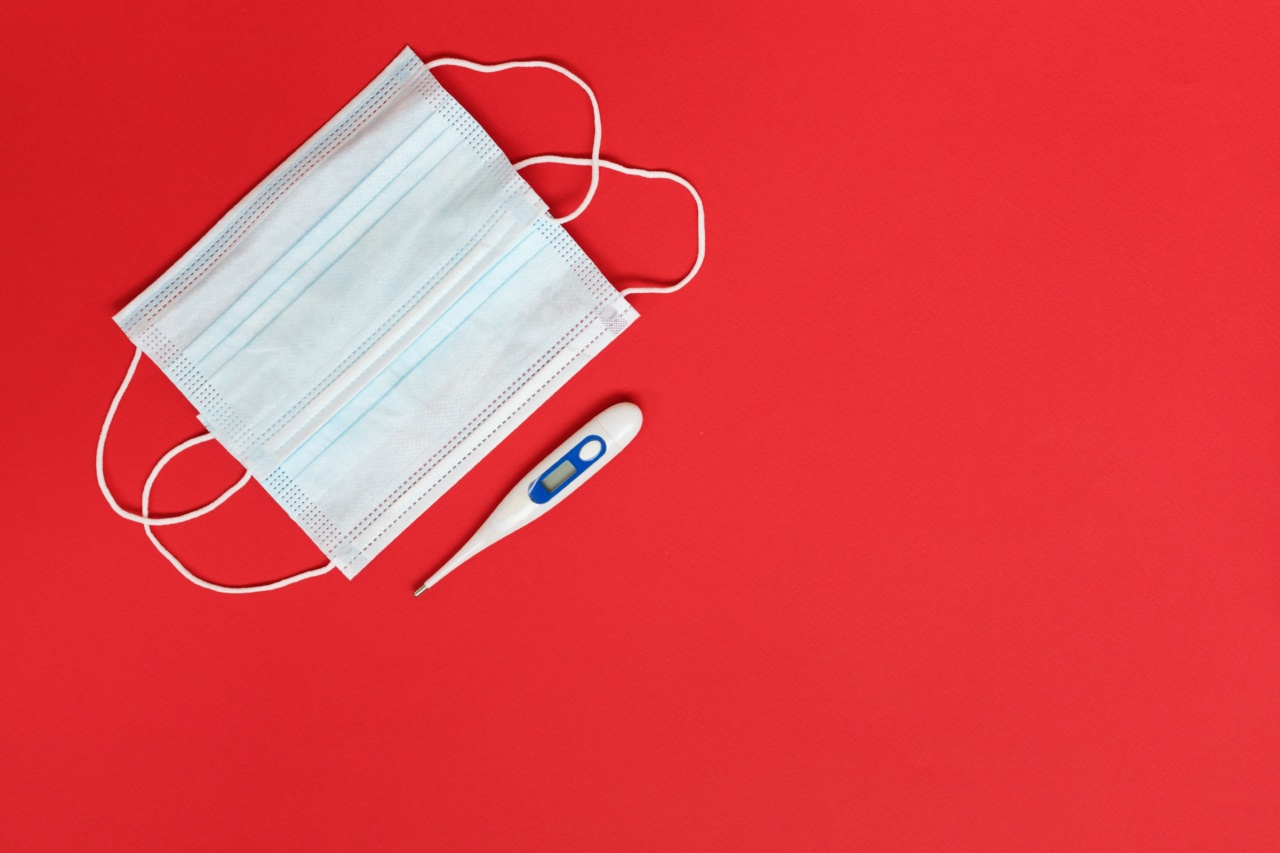Diplomatitis is a term used to describe the stress and burnout experienced by diplomats who work in high-pressure environments.
These individuals are constantly dealing with complex international relations, negotiating agreements, and representing their country’s interests abroad. This article aims to explore the various risk factors associated with diplomatitis and offer strategies for prevention.
Risk Factors
1. High Workload:.
Diplomats often have demanding work schedules that involve long hours, extensive travel, and tight deadlines. The high workload can lead to chronic stress and exhaustion, increasing the risk of diplomatitis.
2. Political Pressure:.
Diplomats are expected to navigate intricate political landscapes and make decisions that align with their country’s interests. The immense political pressure can take a toll on their mental and emotional well-being, contributing to diplomatitis.
3. Intense Negotiations:.
Negotiating complex agreements is a significant part of a diplomat’s job. The pressure to secure favorable outcomes while maintaining diplomatic relations can lead to heightened stress levels and increase the risk of diplomatitis.
4. Security Concerns:.
Diplomats often work in politically unstable regions or areas with high security risks. The constant vigilance and potential threats to personal safety can exacerbate stress levels and contribute to diplomatitis.
5. Isolation and Loneliness:.
Diplomats are frequently stationed in foreign countries, away from their families, friends, and familiar support networks. The feelings of isolation and loneliness can significantly impact mental well-being and increase the risk of diplomatitis.
6. Cultural Adjustment:.
Living and working in different cultures with distinct customs and traditions can be challenging for diplomats. The process of adapting to new environments and constantly navigating cultural differences can contribute to stress and burnout.
7. Lack of Work-Life Balance:.
Diplomats often find it difficult to maintain a healthy work-life balance due to the nature of their job. The constant demands and international responsibilities can make it challenging to prioritize self-care and relaxation.
8. Emotional Toll:.
Diplomats deal with sensitive and emotionally charged issues regularly. The emotional toll of discussing topics such as conflict, human rights abuses, and diplomatic disagreements can accumulate over time and lead to diplomatitis.
Prevention Strategies
1. Self-Care:.
Practicing self-care is crucial in preventing diplomatitis. Diplomats should prioritize activities that promote relaxation and well-being, such as exercise, proper sleep, and engaging in hobbies.
2. Establish Boundaries:.
Setting clear boundaries between work and personal life can help prevent burnout. Diplomats should strive to maintain a healthy work-life balance by allocating designated times for personal activities and leisure.
3. Seek Support:.
Diplomats should actively seek support from colleagues, friends, and family. Sharing experiences and concerns with others who understand the challenges of diplomatic work can provide valuable emotional support.
4. Develop Coping Mechanisms:.
Learning effective coping mechanisms can help diplomats manage stress and prevent diplomatitis. Techniques such as meditation, deep breathing exercises, and journaling can be beneficial in dealing with high-pressure situations.
5. Enhance Cultural Competence:.
Diplomats can benefit from improving their cultural competence, as it enables better understanding and adaptation to different cultural contexts. Enhanced cultural competence can reduce stress and facilitate smoother diplomatic interactions.
6. Take Breaks:.
Diplomats should take regular breaks from their demanding work schedules to relax and recharge. Vacations or short breaks can provide an opportunity to disconnect from work-related stressors and restore mental well-being.
7. Build Resilience:.
Developing resilience is essential in preventing diplomatitis. Diplomats should focus on cultivating strengths, maintaining a positive mindset, and effectively managing setbacks and challenges that arise in their work.
8. Engage in Peer Support:.
Participating in peer support programs or networks can help diplomats connect with others facing similar challenges. Sharing experiences, exchanging advice, and providing support can contribute to overall well-being and decrease feelings of isolation.
9. Regular Evaluation and Reflection:.
Diplomats should regularly assess their work-life balance and overall satisfaction with their career. Regular evaluations and reflection can help identify areas of improvement and make necessary adjustments to prevent diplomatitis.
10. Utilize Organizational Support:.
Diplomatic organizations should take proactive measures to support their employees’ well-being. Providing access to counseling services, stress management programs, and training on resilience can contribute to preventing diplomatitis.






























